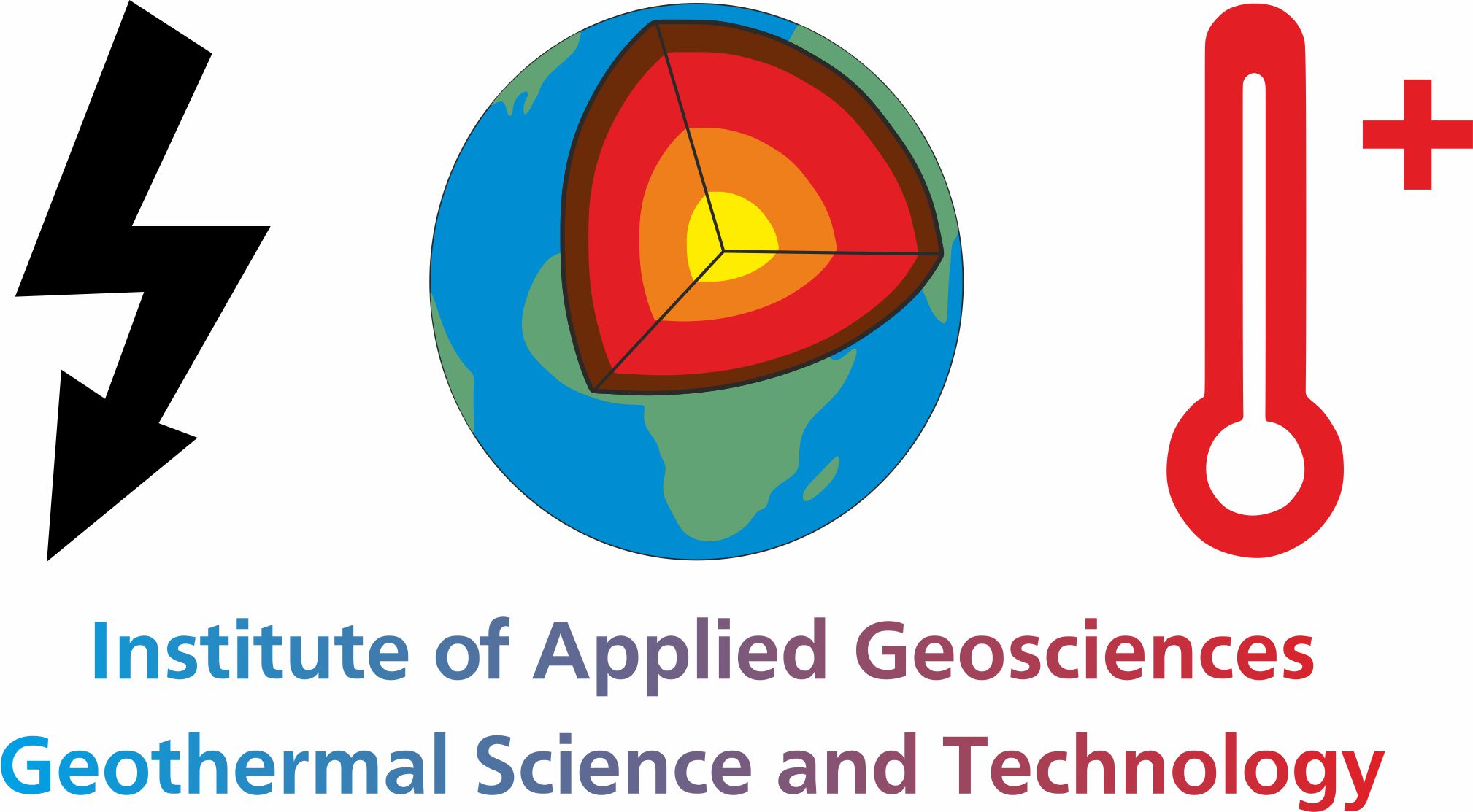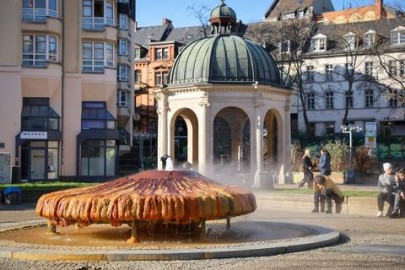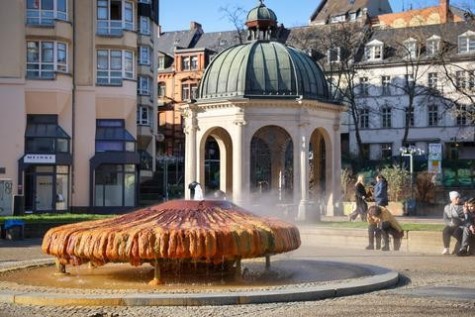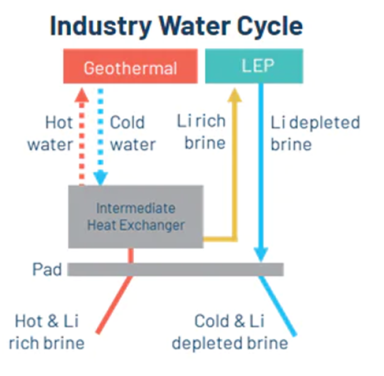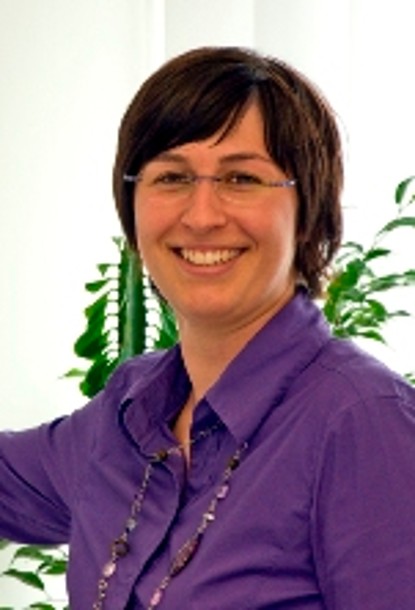Project Information
Developing hydrothermal systems faces high costs and resource risks, compounded by complex interactions of thermal, hydrothermal, mechanical, and chemical (THMC) processes that require accurate modeling. However, chemical modeling tools have lagged behind other areas, making coupled chemical simulations complex and computationally intensive. A reliable, publicly accessible hydrogeochemical database is essential for risk assessment and economic evaluation during feasibility studies. This data enhances modeling accuracy, strengthens investor confidence through reliable forecasts, and supports the sustainable co-production of valuable raw materials like lithium from thermal waters, boosting the profitability of geothermal power plants. To address these challenges, the THC-Prognos Project aims to develop advanced open source modeling tools and compile comprehensive hydrochemical data for the sustainable advancement of geothermal energy.
Work Package 1: Hydrochemical Database for thermal fluids
Work Package 1 focuses on researching and processing hydrochemical, physical, and isotopic-hydrological data of thermal waters across Germany. The emphasis is on the three most significant geological structures for deep geothermal energy: the North German Basin, the Upper Rhine Graben, and the Molasse Basin. The Applied Geothermics working group is responsible for the Upper Rhine Graben. Activities include collecting and consolidating fluid data from various databases and literature sources, organizing and analyzing the data to assess quality, and enhancing the GeotIS database by incorporating the new, high-quality data.
Work Package 2: Modelling of Example Locations
The data from Work Package 1 will be utilized to perform thermo-hydro-chemical (THC) modelling at selected sites, which will be tested and validated concerning specific research questions. The modelling activities aim to understand and predict processes in geothermal reservoirs to better consider, interpret, and evaluate their performance under hydrochemical influences like precipitation and dissolution. This will be conducted from the laboratory scale up to predominantly the reservoir scale. The Applied Geothermics working group is responsible for three key locations:
• Reactive Experiment: Under reservoir conditions, hydrochloric acid was injected into reservoir rock in the laboratory using a thermo-triaxial cell to observe changes in permeability and porosity. This experiment will be modelled using a THC code.
• Deep Geothermal Insheim: The geothermal power plant in Insheim aims to extract lithium from geothermal waters in addition to producing electricity. The long-term sustainability of this extraction will be modelled, taking into account various operating conditions.
• WestEndDuo: A geothermal well system for heating the WestEndDuo building in Frankfurt, involving interactions with rock units in the footwall and hanging wall of the target horizon.
Further Information
- Funding period: From 01.12.2023 – 30.11.2026
- Grant Authorities: Projektträger Jülich – Forschungszentrum Jülich (Projektträger für das Bundesministerium für Wirtschaft und Energie)
- Project partners: LIAG, GFZ 4.8, GFZ 4.2, BGU, HydroIsotope, TU Berlin
Contact
| Name | Contact | |
|---|---|---|
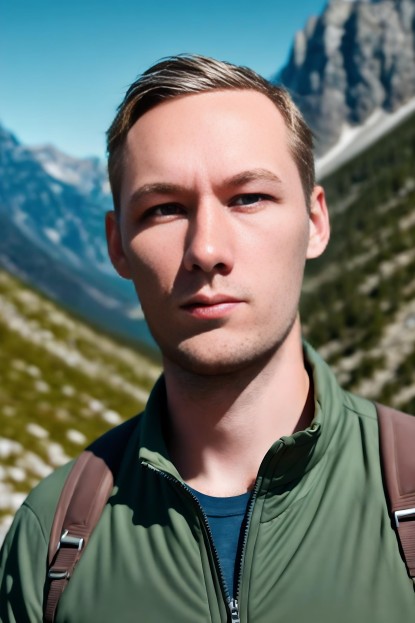
| Karl Holler M. Sc. | holler@geo.tu-... +49 6151 16-25742 B2|02 129 |
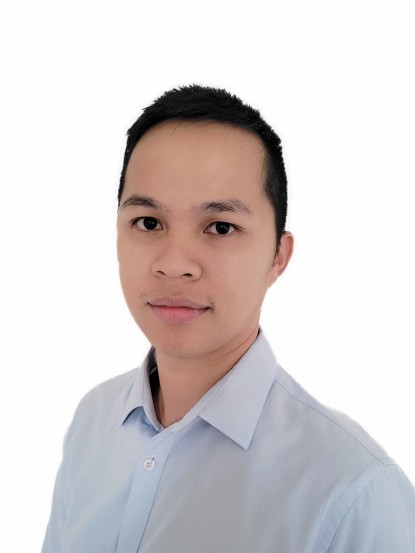
Picture: Hung Pham
| Dr.-Ing. Hung Pham | pham@geo.tu-... +49 6151 16-22294 B2|02 134 |

